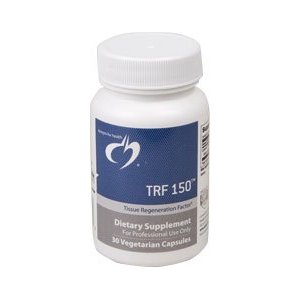- Joined
- Mar 16, 2022
- Messages
- 101
Bobby's surgeon (corrective wedge osteotomy in October 2021) recommended 4000mg of total EPA/DHA (including what's in his food) and Dasuquin for Bobby for long-term joint support after his surgery in October. The surgeon recommended GNC Triple Strength Fish Oil (1000mg per capsule) and Dasuquin w/MSM. We have been giving both daily since the surgery (along with Super Snouts Joint Power (GLM), but I'd like to hear if (1) we should switch away from these brands NOW due to any long-term problems that are known or suspected, or (2) these are fine for now, but in the future we recommend XXX, or (3) these are fine, just stick with them if they're not causing any known issues for Bobby. (I'm trying to cut back on the spending because I'm hemorrhaging money on Bobby stuff, that's why I'm asking if it's safe to continue using what we have. But obviously if they're going to potentially cause problems, I'll bite the bullet and switch now).
Any thoughts?
Any thoughts?








